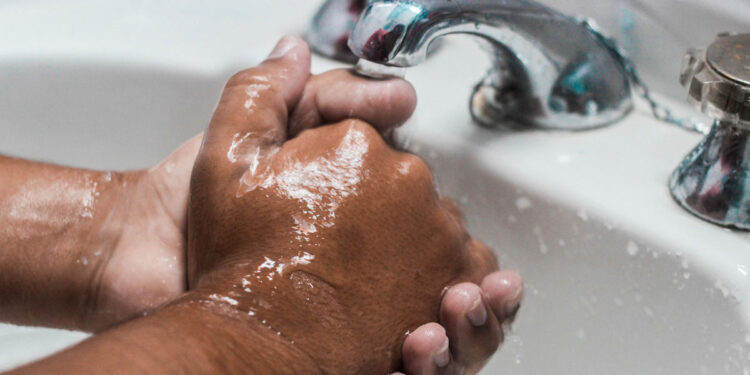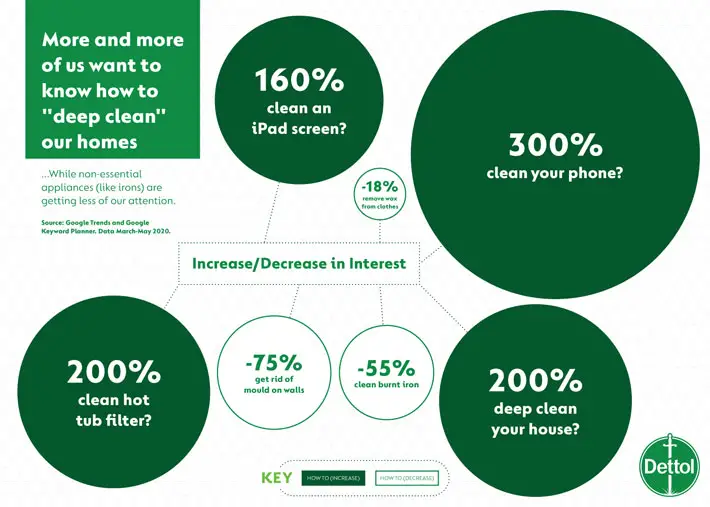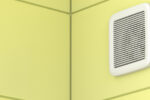Cleaning Routine Do’s and Don’ts – According to an Expert

There’s nothing quite like a global pandemic to make people care about ridding their home of germs. New research published by industry powerhouse Dettol examines how you can most effectively set about this task. We’ve distilled the most important points and laid them bare in the article to follow.
Laptops can carry germs if you’re careless – but a proper hand-washing routine eliminates problems
It’s common knowledge that the technology we use every day, like our phones and laptops, can be dirty. But are these tools dangerous?
● According to Dettol’s research, not exactly. The most important thing you can do is wash your hands at “key moments”, for instance, when you come inside from the outdoors.
● Another point: wipe down surfaces in your homes, like door handles, which are actually some of the dirtiest areas of the home.
● The laptop itself is relatively harmless if the aforementioned precautions have been taken, though the risk of infection is higher if you share the laptop with somebody else. The same for office environments where equipment changes hands.
Washing your hands when you come indoors is crucial
We pick up all sorts of bacteria outside and unknowingly transfer these germs to surfaces throughout the house. For this reason, get into the habit of washing your hands as soon as you come indoors, and disinfect places that you regularly touch, like door handles, toilet flushes and fridge doors.
Deep cleaning is a largely meaningless term
More of us than ever are using Google to discover how to “deep clean” our homes. According to Dr Lisa Ackerley, a hygiene expert who contributed to the Dettol report, it’s a largely meaningless phrase.
Yes, washing your floors will leave the house smelling crisp, and it will make a good impression on others, but a large surface area like this is actually less of a problem than the unassuming spots in the home that we’re in contact with all the time.
Dr Ackerley’s advice is simple: “Concentrate on cleaning and disinfecting the surfaces you regularly touch with your hands.”
The same goes for the bathroom. Bleach in the toilet bowl is a necessity once in a while, sure, but you should really be focusing on the unassuming toilet flush, which can pick up contaminants very quickly.
Break “chains of infection” to keep your home safe
Dr Ackerley uses the term “chains of infection” to illustrate how bacteria spreads throughout the home. These chains are strengthened when we neglect to wash our hands after coming inside; when we leave our shoes on rather than taking them off; when we forget to wipe down door handles, toilet flushes, cupboard doors and food preparation areas.
For these tasks, you can use multi-purpose cleaning wipes or surface wipes. It should take no time at all.
Cleaning makes us feel good
Besides the fact that cleaning can keep us safe, it’s also good for the mind. Those surveyed for the Dettol research overwhelmingly reported a sense of pride when they had completed a purge of the mess in their homes. People were also inclined to tackle cleaning tasks so as to impress guests.
In the end, the report should be reason for optimism. It’s not necessary to devote hours of the day to cleaning tasks. Instead, you simply need to take a few precautions and focus on unassuming hotspots.
As for that extravagant deep clean? Leave it for the day guests are due over.










